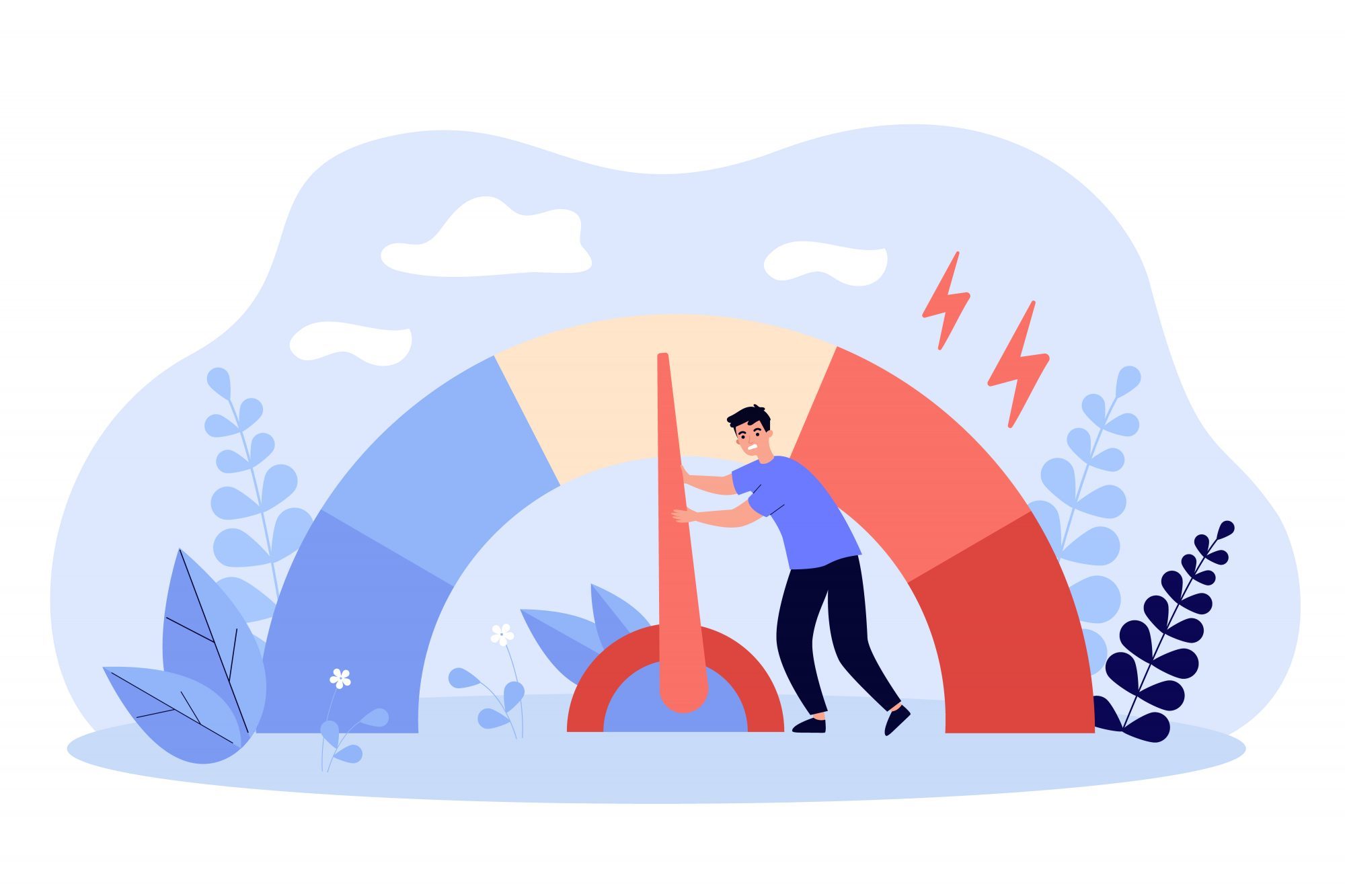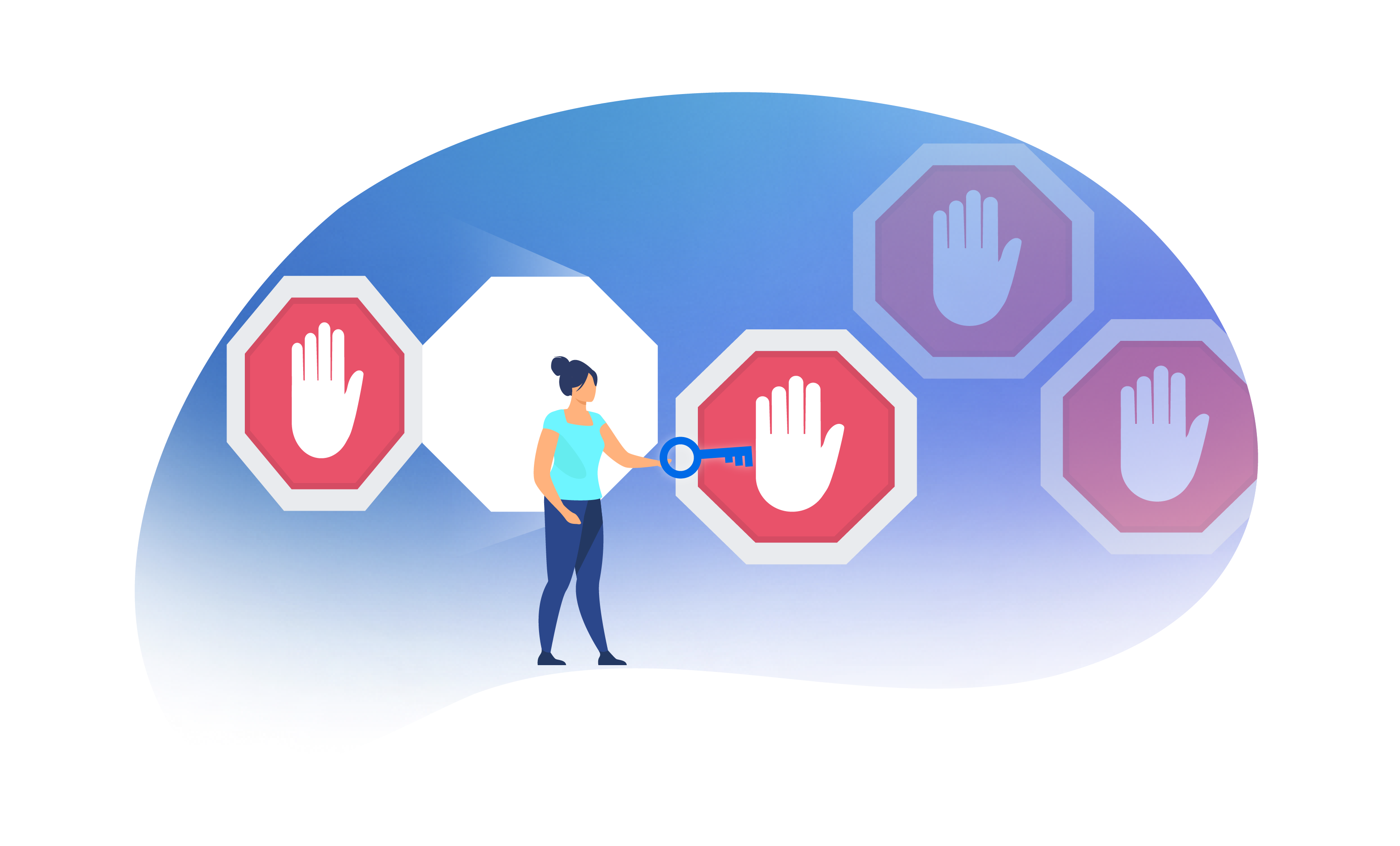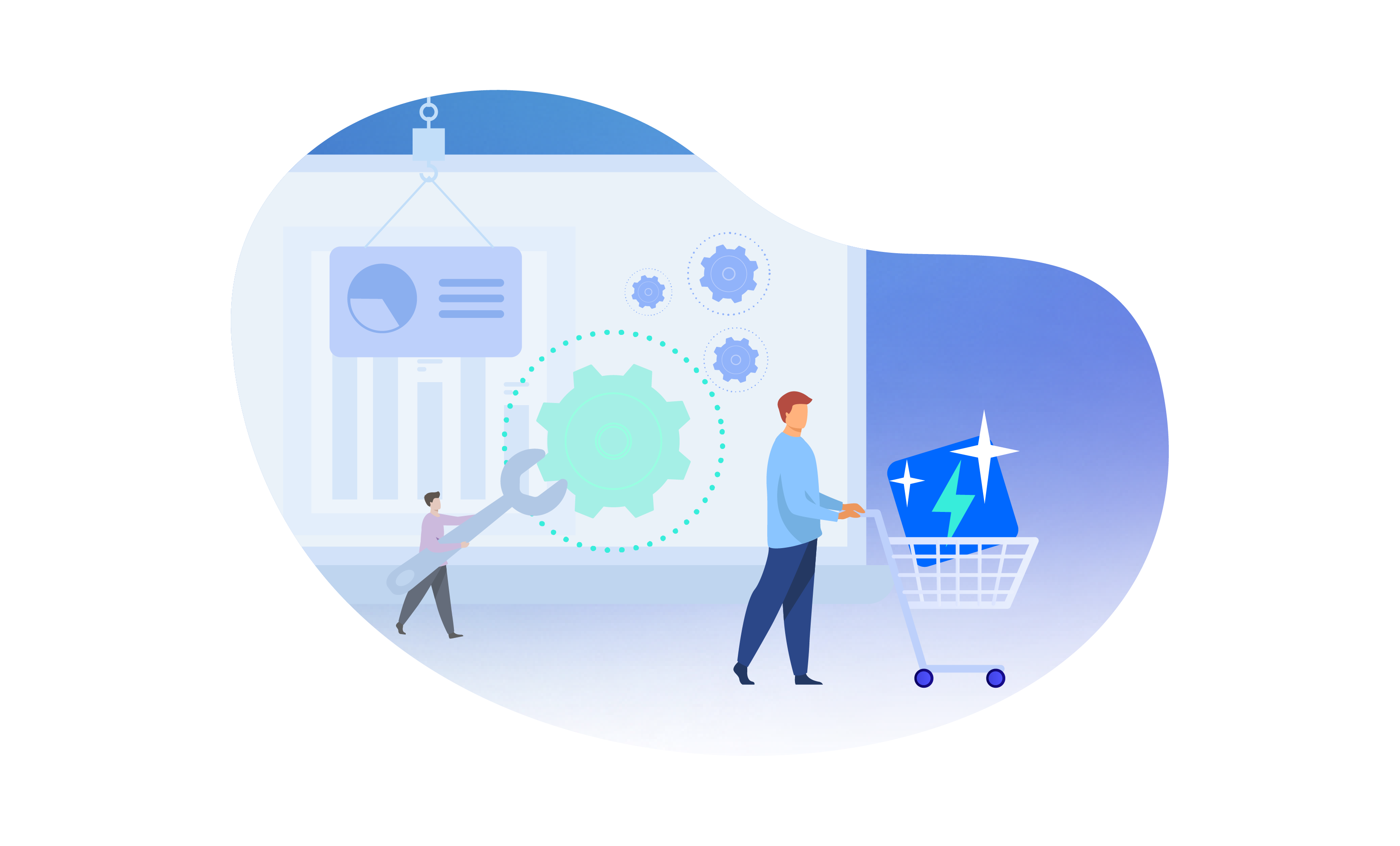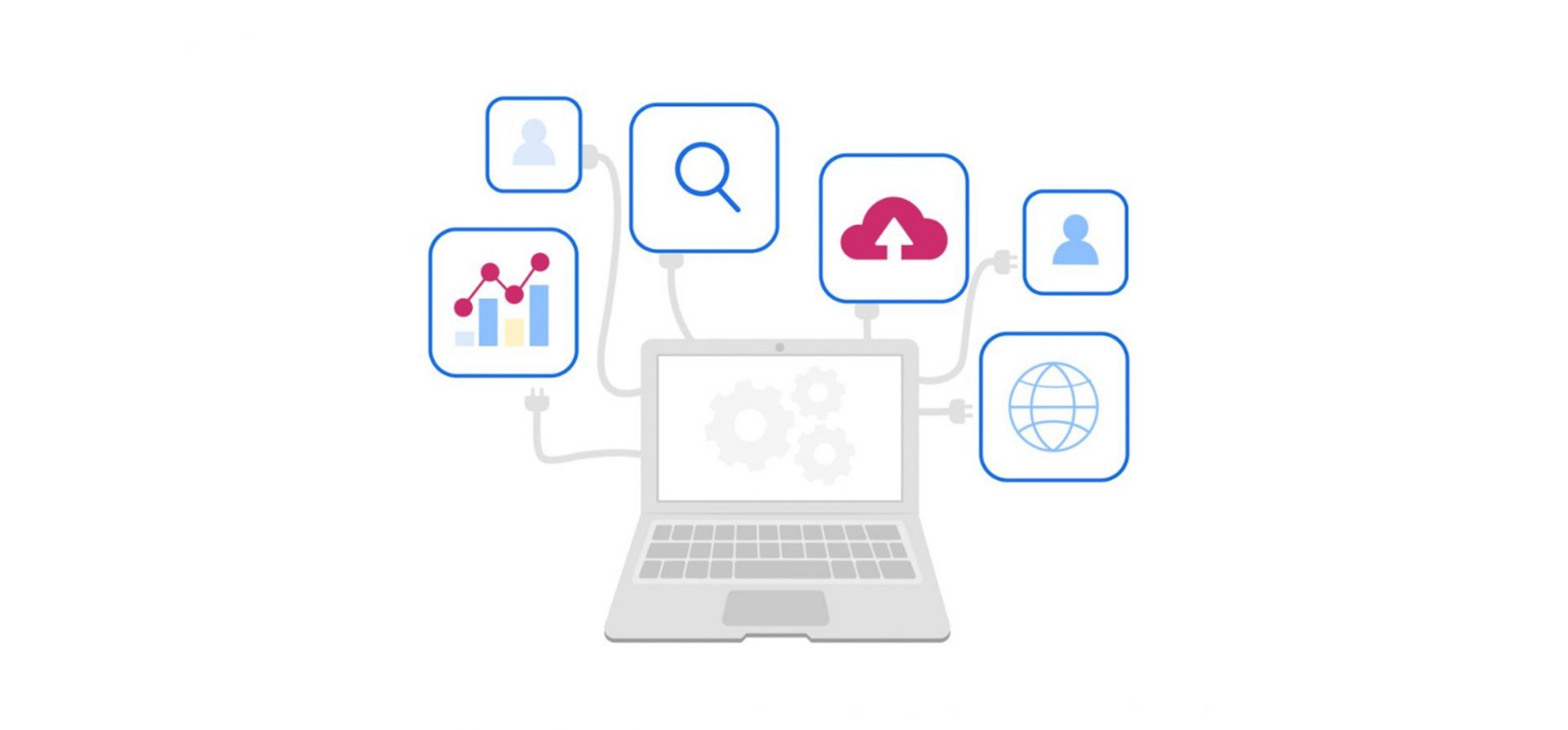Mental Health is a silent but complex issue and there is still a lot of stigma surrounding it, especially in competitive industries like the legal industry. In the face of the pandemic, these problems have become more evident, with a sharp rise in people feeling anxious or depressed. This is exacerbated by a bottleneck in mental health services, where long waiting lists make it harder for people to access the help they need.
October was “Mental Health” month and this week is “National Stress Awareness Day” in the UK, so we thought that now would be a good time to reflect on this very real and very important issue.
As such, this week’s blogpost will focus on:
- What is stress and how to identify it?
- Why might lawyers be suffering from stress?
- Why is stress an issue?
- Top tips to help combat stress
- Importance of raising awareness about mental health
- How can technology help?
What is stress and how to identify it?
Stress is the body’s response to pressure. When we experience a pressurising event our bodies produce stress hormones which trigger a fight or flight response. In its healthiest form, stress can be helpful and can aid in our motivation to accomplish things. Once that stressful event has passed, our body’s stress hormone level returns to normal. However, this is not always the case. Periods of prolonged stress might leave you feeling overwhelmed and unable to cope, giving rise to mental or physical health issues. If you would like a helpful breakdown on the concept of stress, have a look at this page.

Everyone reacts to stress differently, but here are some common symptoms to look out for to identify if you are unhealthily stressed: difficulty concentrating, mood swings, difficulty relaxing, feelings of being overwhelmed and low self-esteem. The mental health foundation has a particularly useful resource to help you further identify signs of stress and manage it successfully.
Why Lawyers?
Protectivity conducted a survey into stress in the UK. It was reported that 63% of legal professionals suffer from stress on a daily basis, making the legal profession the second most stressed profession in Britain after HR. A report from the Junior Lawyers Division of the Law Society of England and Wales highlighted that this was particularly prominent in young lawyers with over 93% reporting that they are stressed at work and almost 25% saying they felt extreme stress.
There are many potential reasons why lawyers are quite high up on this list. It has been suggested by the CEO of Avoteca, Ana-Maria Drăgănuță Briard, in her LegalTech podcast Legal Tales that this culture of overworking finds its roots in legal education. Law students are pressured to perform well and are expected to pull all-nighters just to get their work done. This then translates to the legal industry where working excessive hours is seen as a badge of honour. Furthermore, due to the circumstances of this culture, many legal professionals are trained to be high achieving perfectionists. This intense ambition can lead to great stress amongst lawyers as they attempt to maintain their high standard of work and also massive disappointment when their concerted efforts fail to achieve the results they want.
Why is stress an issue?
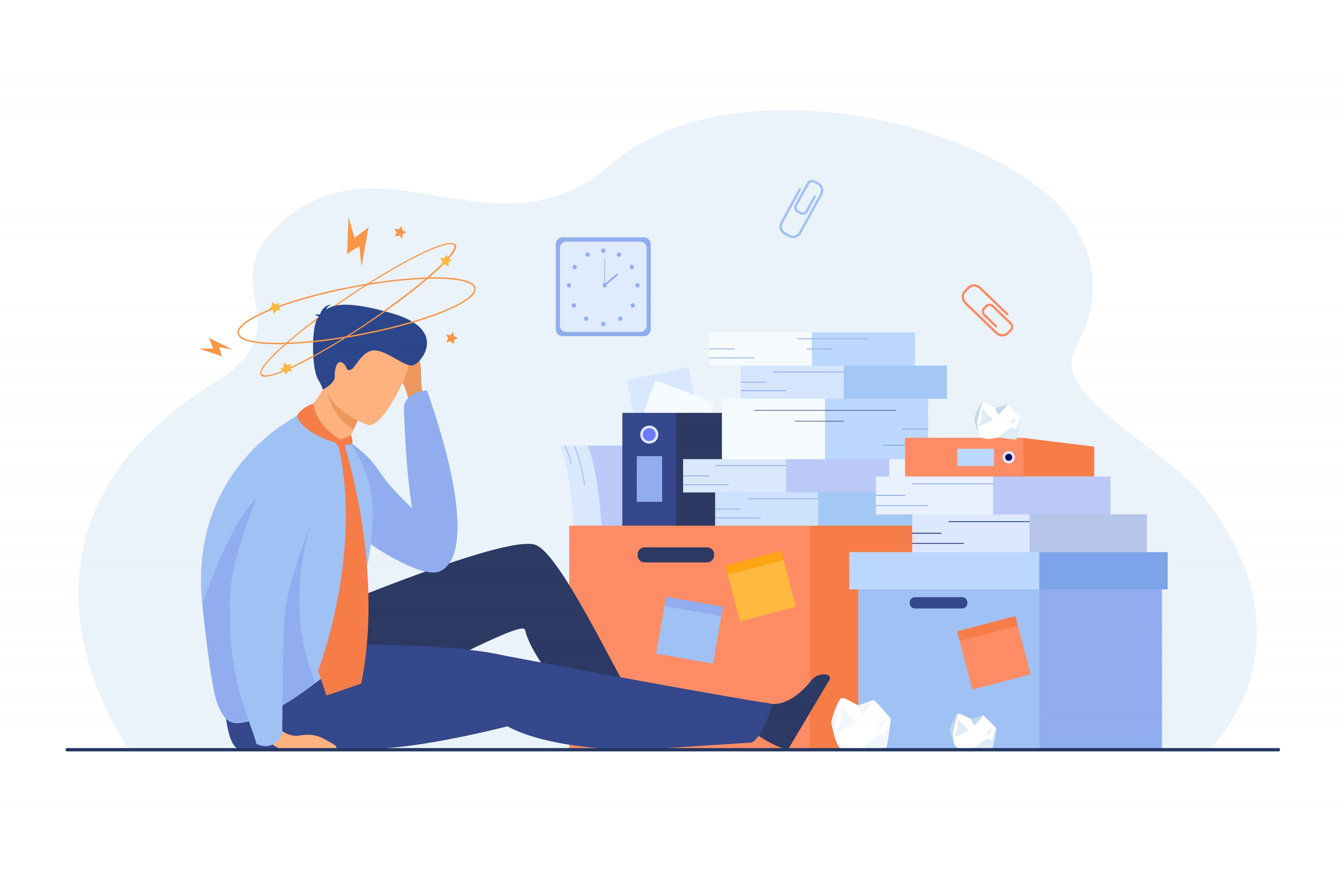
The Path to Lawyer Well Being Report from the American Bar Association states that: “well-being is an indispensable part of a lawyer’s duty of competence”.
On an individual level, managing your stress is extremely important for your own well-being. Physically, prolonged stress can lead to a weakened immune system and a higher chance of you falling sick. Mentally, long-term stress increases the risk of mental health problems like anxiety and depression.
On an organisational level, managing your employee’s stress is imperative to ensure that your employees are motivated and putting out their best work. If a legal professional is extremely stressed, they are unlikely to be performing at their peak.
This means that they are more likely to make mistakes that can ultimately put their clients at risk. The poor mental health of your employees can also lead to an increase in widespread sick leave and decreased productivity which will ultimately affect long-term profits.
Tips to decrease stress
When it comes to mental health and stress control there is no one-size-fits-all cure. What may work for other people may not work for you. However, there are some common activities that may aid you in relieving stress like exercise and spending time with those important to you. In a Protectivity study, 53% of people reported that watching TV/Films helped them to reduce stress, with 20% citing exercise and 32% suggesting that taking a bath or a shower helped them to relieve stress.
The Mental Health Foundation has many free publications designed to help people manage their mental health. This includes a guide on how to manage and reduce stress. The guide helps you to identify the causes of your stress so that you are able to review and modify your lifestyle to include activities that reduce stress. Activities that they recommend include: eating healthy, exercising, sleeping well, mindfulness, taking time out for yourself, and not being too hard on yourself. The Stress Management Society also has some great resources to help people deal with stress.

It has been found that Mindfulness is one of the best stress mitigation tools, helping you lower your blood pressure and strengthening your immune system. In fact, a 20-minute Mindful break can boost your brain cognition by 70 per cent! What’s great about mindfulness is that you can start right now! All you need is just a few spare moments. For example, simply taking a series of deep breaths while you’re at your desk can help you recharge. You can also take it a step further with guided meditations. If you are new to meditation, you can try the app Waking Up or check out the Mindful.org website. Mindfulness is a mental skill that can be developed through training – consistency is key.
Virtual therapeutic experiences have also been developed to help ease the stress associated with the ongoing Covid-19 epidemic. They are free to use and only take up 20 minutes of your day to help you relieve anxiety and stress.
Organisations can also help employee mental well-being by adopting the Mental Health First Aider initiative. Many law firms have implemented this initiative, aiding in removing the stigma surrounding mental health in the legal industry and empowering professionals to confront issues which might be affecting their well-being.

It is also of paramount importance that professional help is sought when needed. You are not alone, the Mental Health Foundation reported that around 12 million people consult their GP due work stress and related mental illnesses. Talk to your doctor about how you are feeling, the sooner the better. They will be able to give you proper advice and refer you to a treatment that is right for you as well as to further help. If your stress is work related then the Mental Health Foundation has a really helpful page that may be of interest to you. If you feel comfortable enough to do so, you can also speak to your supervisor/manager to see if they can help you in managing your workload. A survey by Willis Towers Watson showed that 75% of the U.S. employers ranked stress as one of their biggest health and productivity concerns.
Importance of raising awareness about mental Health – How to get involved
Raising awareness about mental health is extremely important for a number of reasons. First, it helps to combat the stigma surrounding mental illness so that fewer people will feel pressured to suffer in silence. Second, awareness can also aid in early detection and intervention of issues concerning mental health. With an increase in awareness of these symptoms, people are more likely to seek help and take action to ensure their own mental well-being.
There are many organisations that provide assistance and raise awareness about mental health issues, like Rethink Mental Illness, Mental Health Foundation, Anxiety UK, Mind, Stress Management Society, and Samaritans. They organise different campaigns and events that you can get involved with, they also provide a multitude of support and resources that you can use. If you want to help them with their mission, you can always support them with a donation.
If you are interested in the subject, a great podcast to listen to in your spare time is Legal Wolf, which is dedicated to talking about mental health. It includes interviews with professionals who discuss their jobs, complexities and mental health-related stories. The podcast also discusses the stigma of mental health around the world, and what’s being done to challenge it. In one of these episodes, our Head of Growth, Giles Thompson, converses with Inez Brown and host Steve Lawlor about Mental Health within the legal profession.
How can Technology help?
At Avvoka, we believe that technology can have a positive impact on stress, especially in the legal industry. For example, automating repetitive aspects of work can help to alleviate lawyers’ workload, giving them more time to work on other important tasks so that they can leave the ‘office’ at a sociable hour. As such, technology can help transform the way that lawyers manage their ever-growing work-load. Collaboration technologies can also help with the growing calls for an increase in flexibility in work.
There are also technologies specially designed to help with mental health. Liminal VR is one of such progressive initiatives. It is a fun, engaging and affordable tool that aids in reducing anxiety, elevating your mood and even reducing pain. It is currently used in many schools, workplaces, hospitals and residential aged care facilities. It uses virtual reality technology to deliver immediate positive changes.

There are many other technology-based solutions and apps that can help with mental health. Sanvello, for example, has been nominated by Verywellmind as the best app of 2021 for reducing stress. The app provides users with cognitive behavioural therapy tools and encourages mindfulness and meditation.
Calm is another app that is great for meditation. Other apps like TalkSpace are online therapy platforms that connect users with licensed therapists at budget prices through an easy-to-use app. One of the biggest benefits of mental health-related apps is that they are easily available, affordable and accessible to people. This is especially relevant due to the long waiting lists for mental health services due to the pandemic. In this way, technology solutions can provide timely and affordable support.

